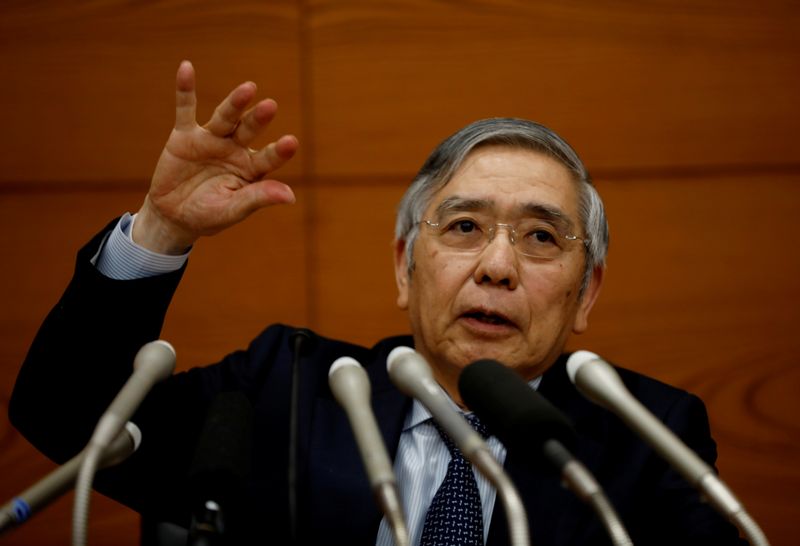Bank Japan will continue tight monetary policy
2022.12.26 01:06
[ad_1]

Bank Japan will continue tight monetary policy
Budrigannews.com – On Monday, Governor Haruhiko Kuroda of the Bank of Japan (BOJ) brushed aside the possibility of a quick exit from ultra-loose monetary policy and expressed optimism that growing labor shortages will prompt businesses to raise wages.
Kuroda said the BOJ’s choice last week to extend the recompense band around its yield target was pointed toward improving the impact of its super simple strategy, as opposed to an initial move toward pulling out its huge improvement program.
“This is most certainly not a stage toward an exit. In a speech to a meeting of business lobby Keidanren, Kuroda stated, “The Bank will aim to achieve the price target in a sustainable and stable manner, accompanied by wage increases, by continuing with monetary easing under yield curve control.”
In addition, he stated that as the effects of rising import costs subside, Japan’s average consumer inflation will likely slow below the BOJ’s target of 2% in the following fiscal year.
However, Kuroda stated that wage growth will likely be gradual as a result of growing labor shortages and structural changes in Japan’s job market, which are resulting in higher wages for temporary workers and an increase in the number of permanent employees.
Kuroda stated, “Labor market conditions in Japan are projected to tighten further, and firms’ behavior in setting prices and wages is also likely to change.”
He stated, “In this sense, Japan is approaching a critical juncture in breaking out of a prolonged period of low growth and low inflation.”
The BOJ’s yield curve control (YCC) targets, which are set at -0.1% for short-term interest rates and around 0% for the yield on 10-year bonds, are seen as crucial to how quickly they can be raised.
Last week, the BOJ surprised the markets by unexpectedly widening the band around its 10-year yield target. Kuroda had said that the move, which allows long-term rates to rise more, was a prelude to a full-fledged policy normalization rather than a way to reduce some of the costs of prolonged stimulus.
However, markets are rife with speculation that the BOJ will raise yield targets when dovish governor Kuroda’s term comes to an end in April of next year due to inflation exceeding its 2% target.
While additional organizations are beginning to climb costs to give greater expenses to families, the BOJ should look at whether such changes in corporate cost setting conduct will grab hold as another standard in Japan, Kuroda said.
He stated that the outlook for wage growth will also be heavily influenced by the outcome of the spring wage negotiations that will take place next year between unions and large corporations.
Prime Minister Fumio Kishida urged business leaders to assist in achieving wage growth that is sufficient to compensate households for the rising cost of living during the same meeting.
More ECB will continue to tighten monetary policy-FT
In November, core consumer inflation in Japan reached a new four-decade high of 3.7% as businesses continued to pass on rising costs to households, indicating that price increases were expanding.
However, permanent workers’ wages have barely increased as businesses have continued to be cautious about increasing fixed costs in light of the uncertain economic outlook.








